Under international treaties signed after the Crimean War, no troops or fortifications can be placed on the strategic Baltic Sea islands.
“It is the Achilles’ heel of Finland’s defence,” Alpo Rusi, a professor and former presidential advisor, told AFP.
Home to about 30,000 mostly Swedish-speaking Finns, the area is characterised by rocky islands, lush green forests, old stone churches and wooden architecture — all under the watchful eye of a Russian consulate.
“We have always thought, ‘Who would want to attack us when we have nothing worth taking?’,” 81-year-old Ulf Grüssner told AFP.
“But that has changed with Putin’s war on Ukraine”, said the pensioner, one of many here who want Åland to remain demilitarised.
In June, a poll showed 58 percent of Finns would approve of a military presence on Åland, which celebrated the 100th anniversary of its autonomy on Thursday.
“There is concern over whether Finland could react fast enough militarily in the event of a sudden intrusion on Åland,” Rusi said.
Armies wrestled for control of the archipelago in both World Wars. “Why should we trust the idea … that troops would not rush to control Åland as fast as possible,” said Charly Salonius-Pasternak, a researcher at the Finnish Institute of International Affairs.
Åland rejects troops
Ålanders, on the other hand, are keen to protect their special status and have so far firmly rejected the idea of ending the demilitarisation.
“Why should we change it? I think it’s a stabilising factor in the Baltic Sea area that we are demilitarised,” Veronica Thörnroos, 59, premier of the Åland government, told AFP.
Besides, if the archipelago were attacked, Finland would defend it “very quickly”, she said.
The Finnish government has said it has no intention of touching Åland’s special status.
Sia Spiliopoulou Åkermark, director of the Åland Peace Institute, meanwhile noted that the “Åland regime” of autonomy, cultural guarantees and demilitarisation is a “complex knot” that should be considered as a whole.
Russian presence
Like the rest of Finland, Åland was part of the Russian empire from 1809 to 1917.
At the time, the archipelago was viewed as an important outpost in the defence of Saint Petersburg and control of the Baltic Sea.
Finland gained independence from Russia in 1917, and was granted sovereignty over Åland in 1921 despite protests from the islands’ Swedish-speaking majority.
The Nordic country went on to fight two bloody wars against the Soviet Union during World War II.
As part of their peace deal, the demilitarisation of Åland was to be monitored by a Soviet consulate in the archipelago’s main town of Mariehamn.
The consulate still exists to this day, although it is now run by Russia. A group of locals gather every day outside the high metal fence protecting the consulate, to protest Russia’s war in Ukraine.
“They have no business being here. Russia is always a threat”, one of the protestors, Mosse Wallén, 71, told AFP.
Putin’s property
Russia also owns a seaside property north of Mariehamn in Saltvik, which was acquired in the 1947 peace deal.
“They gave my mother three days to move out”, said Ulf Grüssner, whose idyllic childhood home is now fenced in by the consulate.
Grüssner’s father was a German geologist, and the peace deal stipulated that all German possessions in Finland were to be ceded to the Soviets.
In 2009, ownership of a piece of the property was transferred to the Russian presidency.
Concern has mounted in Finland in recent years over Russian property deals across the country.
Grüssner feared that Russia might intend to use his family’s property and the demilitarisation as a “pretext” to increase its presence in the area.
“It is far-fetched, but on the other hand it’s not impossible,” he said.
By AFP’s Elias Huuhtanen

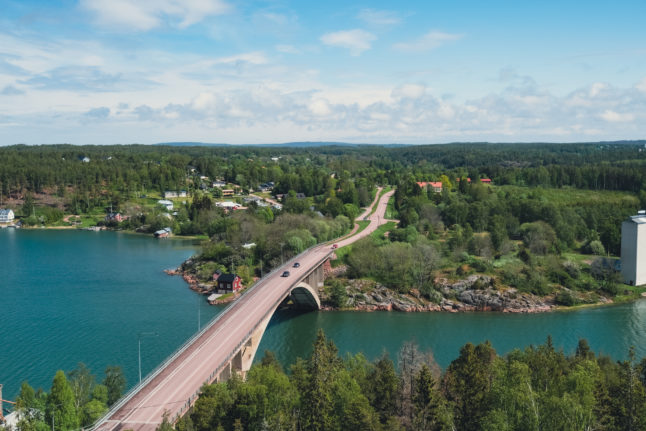
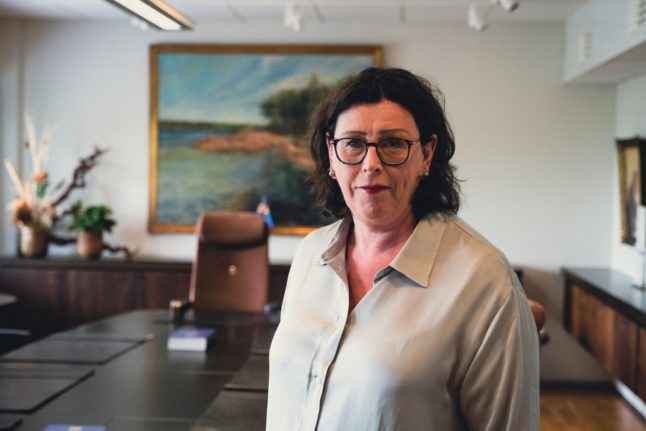
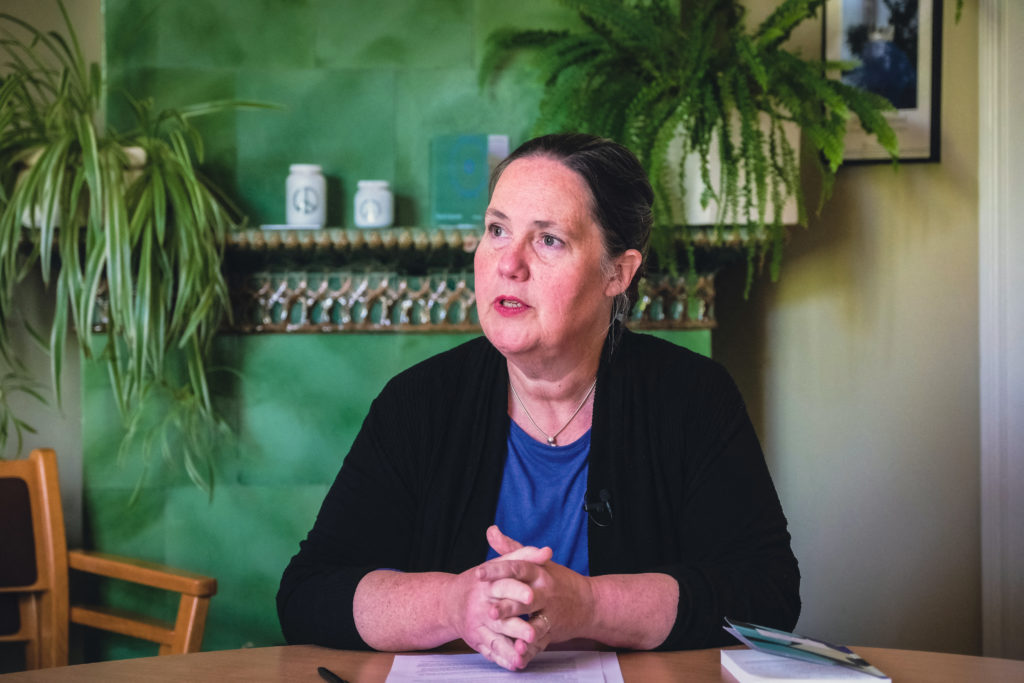
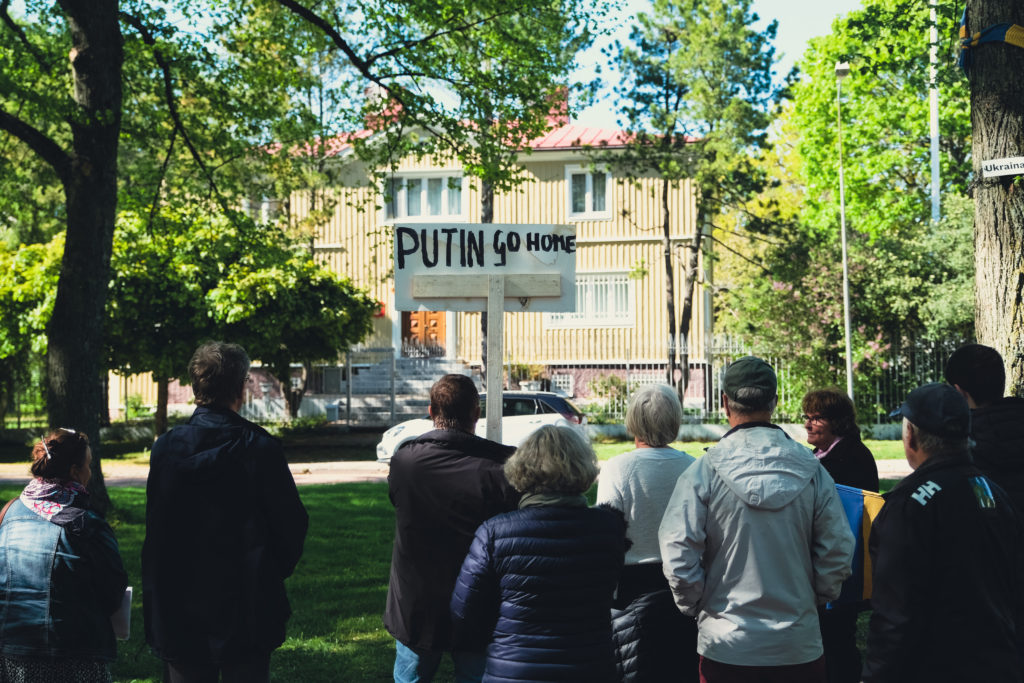
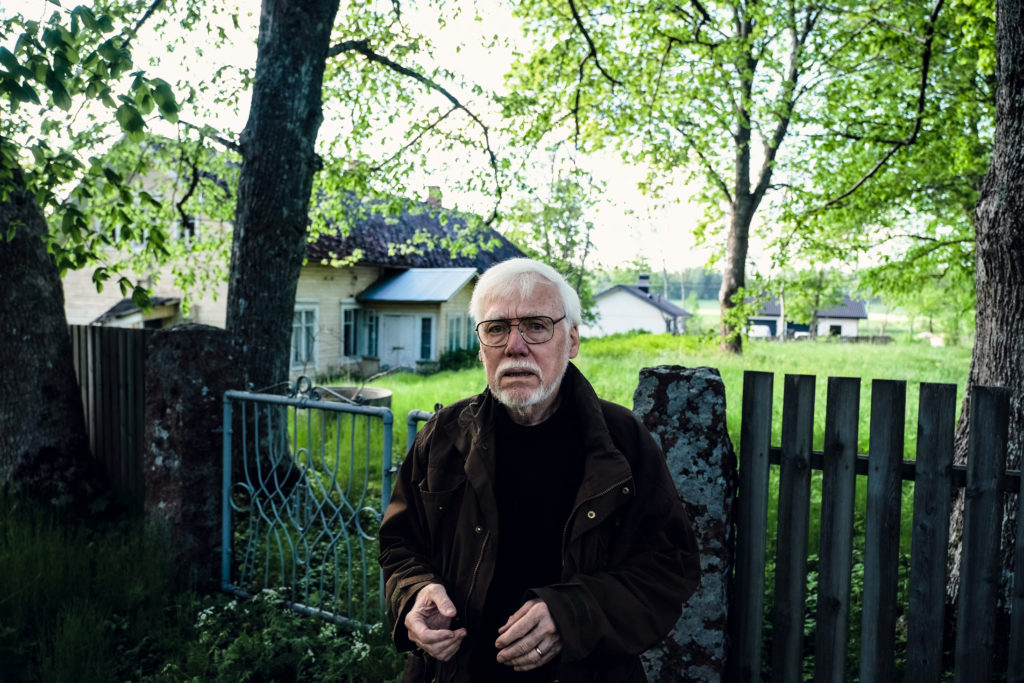
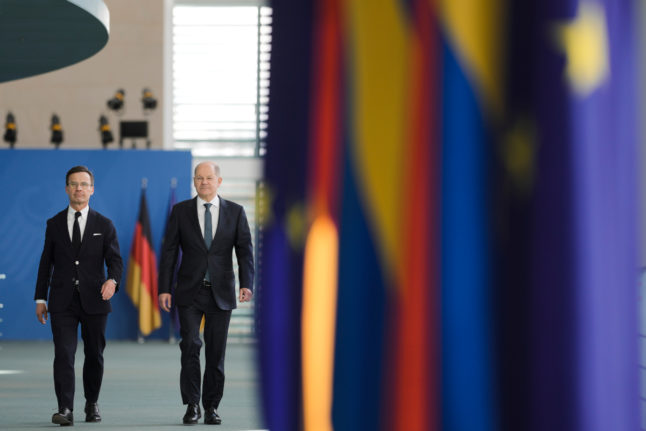
 Please whitelist us to continue reading.
Please whitelist us to continue reading.
Member comments